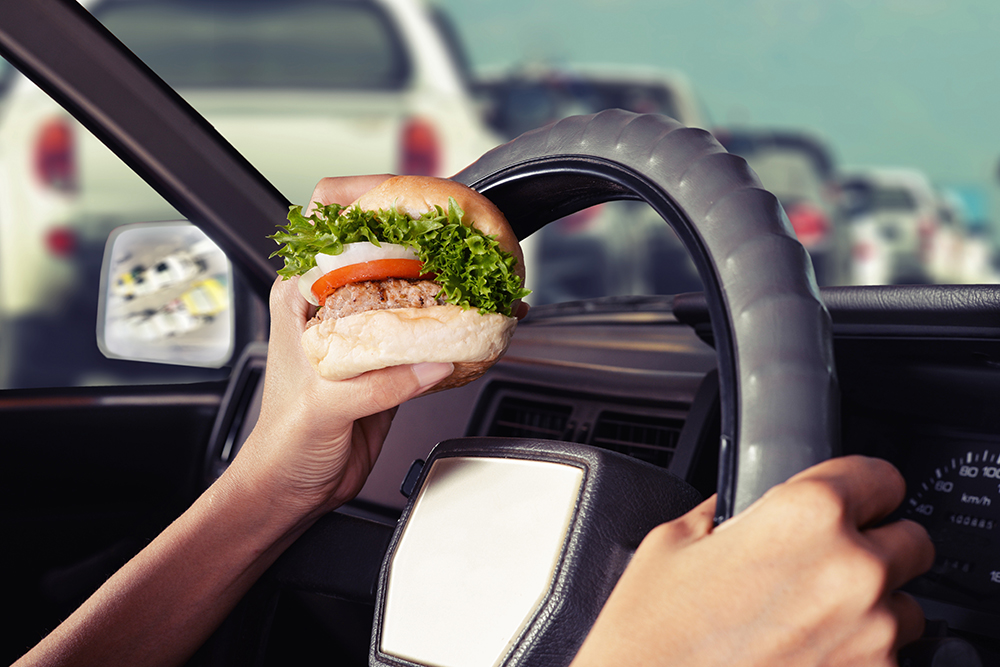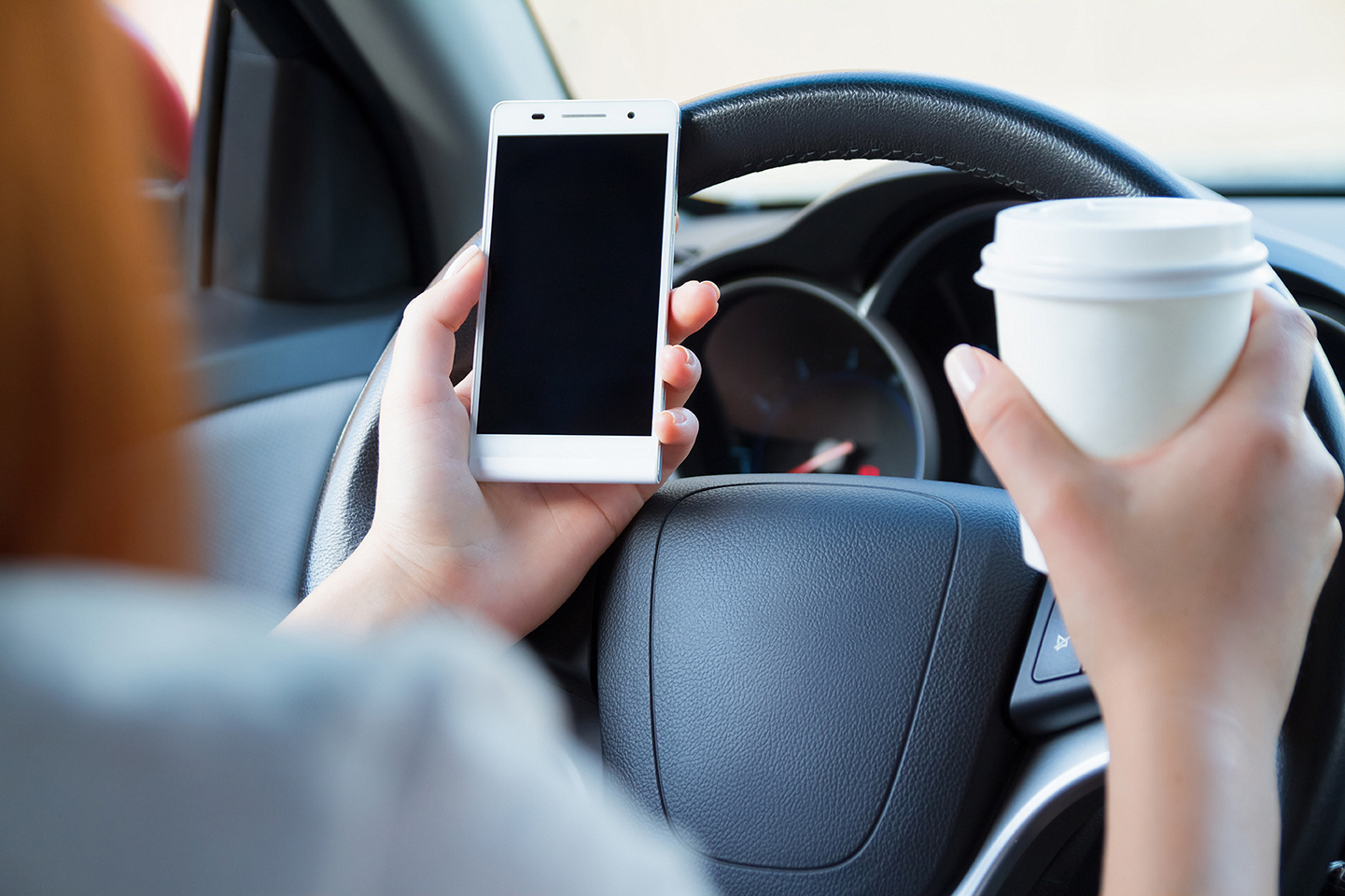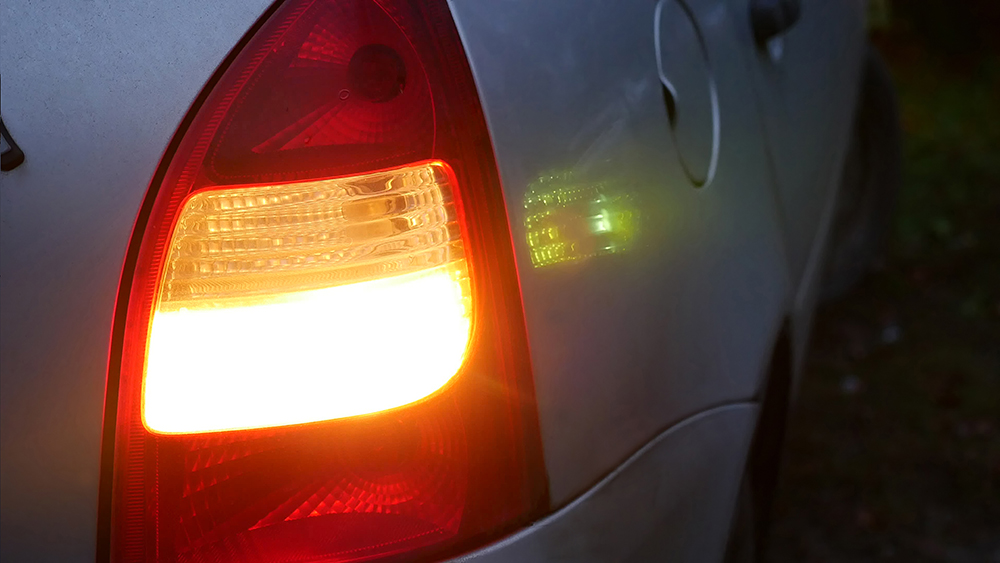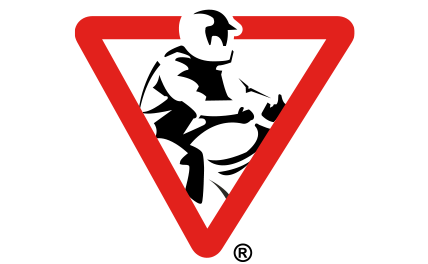In these so-called modern times, people are under constant stress from bumper-to-bumper commutes, roadway courtesy is a lost art, too many drive under the influence of alcohol or other drugs, and over 43,000 Americans lose their lives yearly in traffic collisions (FARS 2005). According to the World Health Organization, traffic fatalities worldwide exceed 1.2 million annually, with an additional 50 million disabling injuries.
Motorists simply are not taking their driving task seriously.
General Distractions
In a study conducted by Liverpool Victoria Insurance, “Driven to distraction by our children,” drivers reported loss of concentration when driving due to:

- Children
- Hand-held mobile phones
- Using audio entertainment
- Eating and drinking while driving
- Using satellite navigation
Cell Phones

A University of Utah study, “A Comparison of the Cell Phone Driver and the Drunk Driver,” found that “…the impairments associated with using a cell phone while driving can be as profound as those associated with driving while drunk.” Furthermore, the impairment levels were similar whether the cell phones were used in handheld or hands-free mode.
And according to a May 2013 report from the National Safety Council, 25% of car crashes are likely caused by cell phone use. Drivers using cell phones fail to see up to 50% of the information in their environment.
Turn Signal Use

Perhaps no study symbolizes the lack of thoughtfulness on the road more than one conducted by Response Insurance. They found that 57% of drivers admitted they don’t use their turn signal when changing lanes. Their reasons?
- They don’t have time (47%)
- They’re too lazy to bother (23%)
- Fear of forgetting to turn it off (17%)
- Too busy changing lanes a lot to use it (11%)
- Adds excitement to driving (7%)
The Vatican Weighs In
No wonder even the Vatican has called for a return to sanity behind the wheel. They’ve put their advice in the form of the following “Ten Commandments for Drivers” and we present them here not to endorse any particular religion but to demonstrate the universal concern over the needless waste of human life in traffic collisions:
- You shall not kill.
- The road shall be for you a means of communion between people and not of mortal harm.
- Courtesy, uprightness and prudence will help you deal with unforeseen events.
- Be charitable and help your neighbor in need, especially victims of accidents.
- Cars shall not be for you an expression of power and domination and an occasion of sin.
- Charitably convince the young and not so young not to drive when they are not in a fitting condition to do so.
- Support the families of accident victims.
- Bring guilty motorists and their victims together, at the appropriate time, so that they can undergo the liberating experience of forgiveness.
- On the road, protect the more vulnerable party.
- Feel responsible toward others.
MSF’s Key Messages
The Motorcycle Safety Foundation has its own outline of key messages for drivers, with an eye toward protecting one particular vulnerable party — motorcyclists:
- Look For Motorcyclists — Use your eyes and mirrors to see what’s around, and check the blind spots when you’re changing lanes or turning at intersections. Look, and look again.
- Focus on Driving — Hang up the phone, put down the MP3 player, settle the passengers, and drive.
- Use Your Turn Signals — Signal your intentions for everyone’s safety.
- Give Two-Wheelers Some Room — Don’t tailgate or pass too closely.
- Take Your Time — Nothing is as important as the safety of your loved ones, yourself, and the others with whom you share the road.
All these principles can be boiled down to this paraphrase of the Golden Rule: Drive near others as you would have others drive near you.


